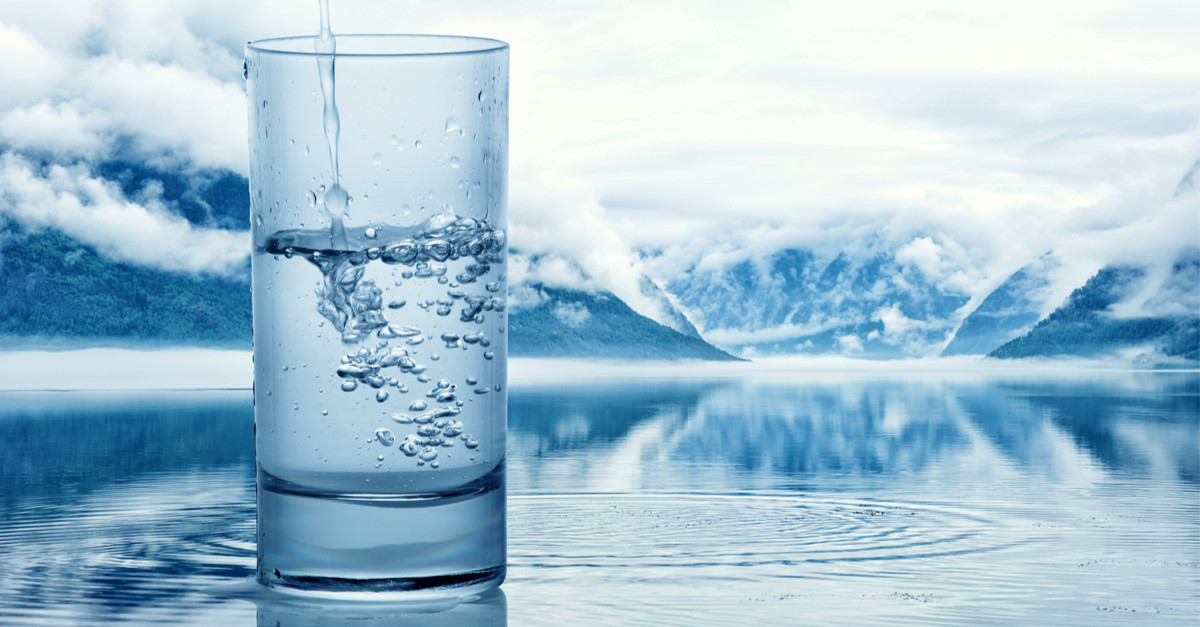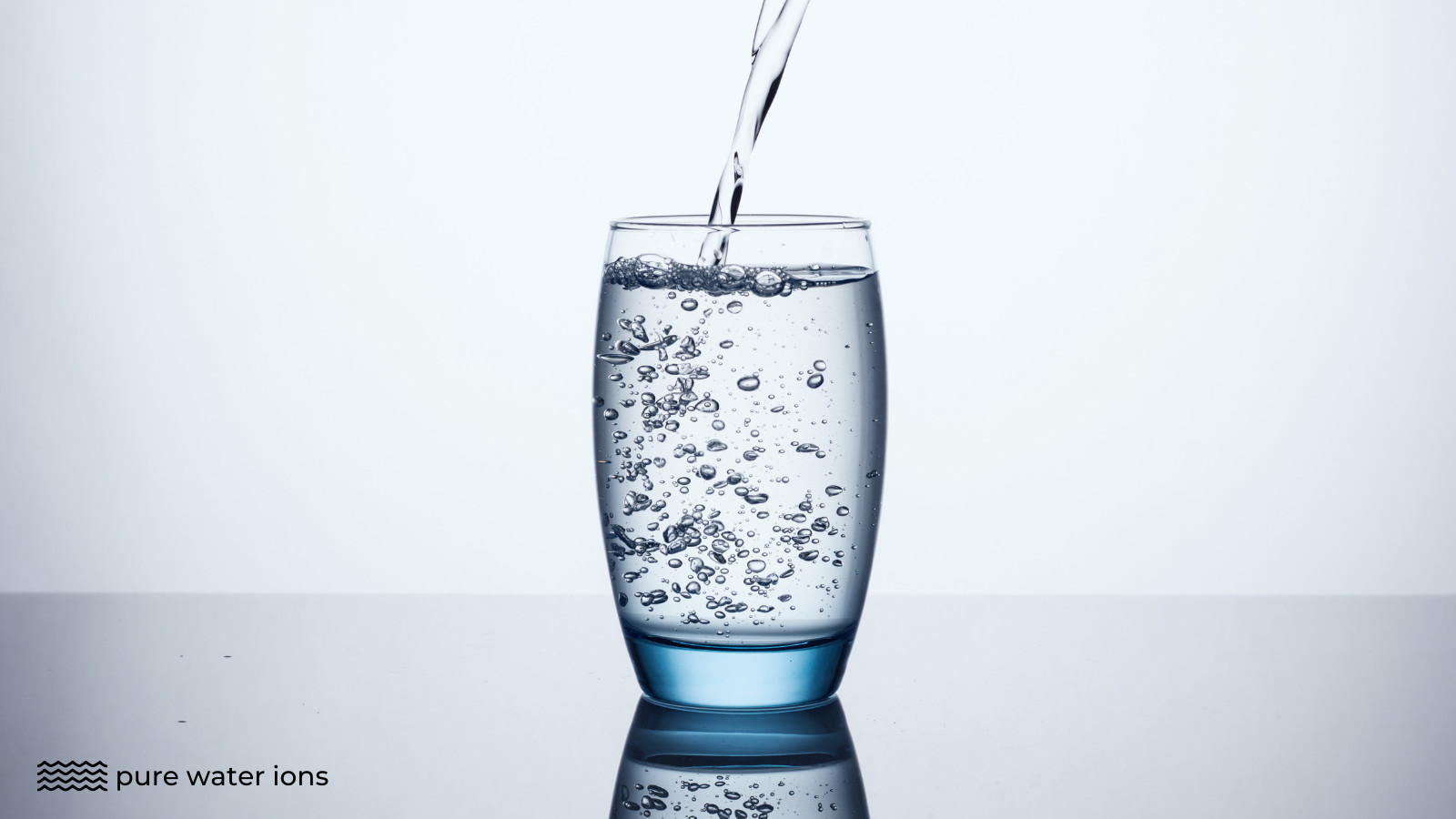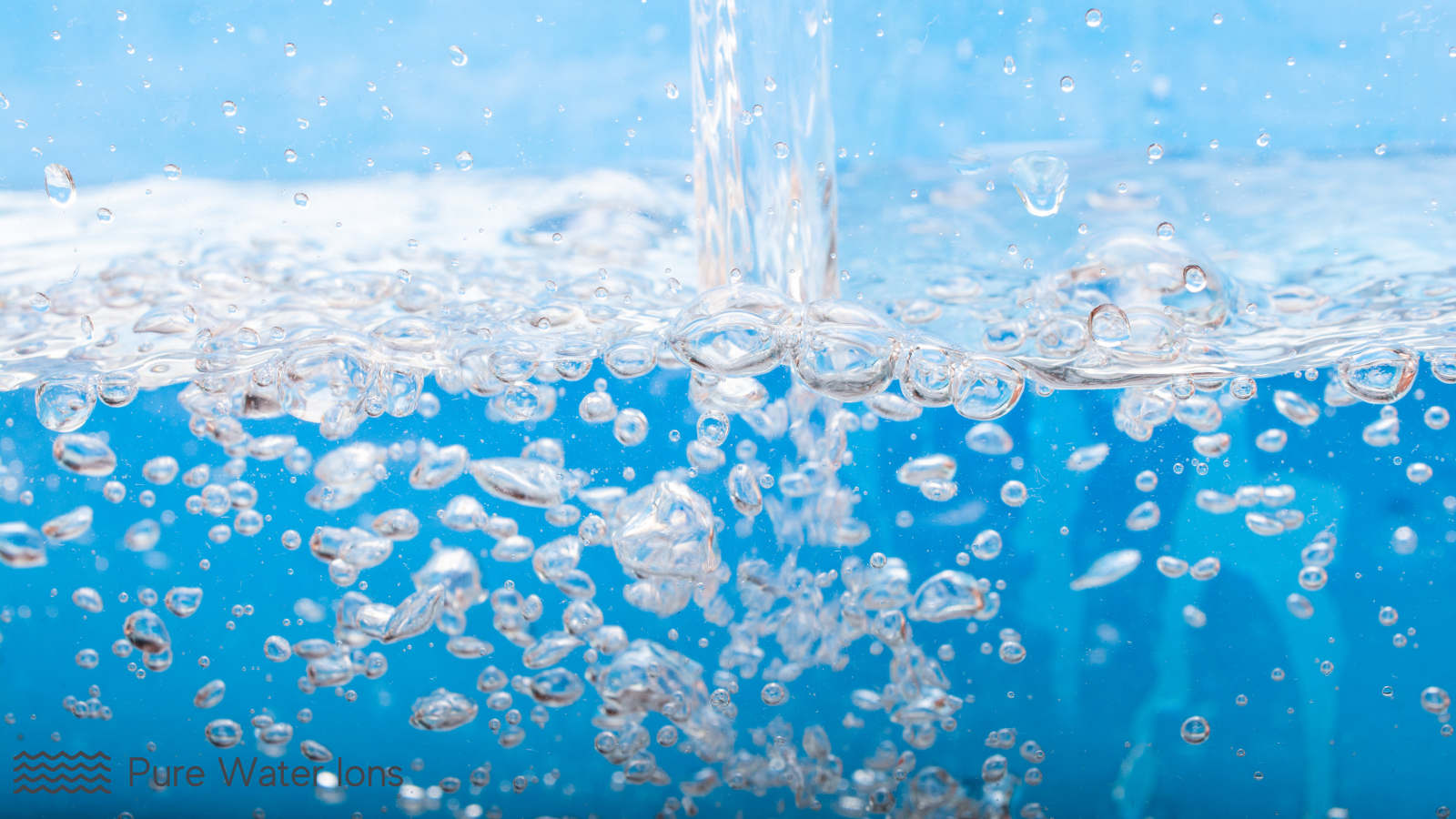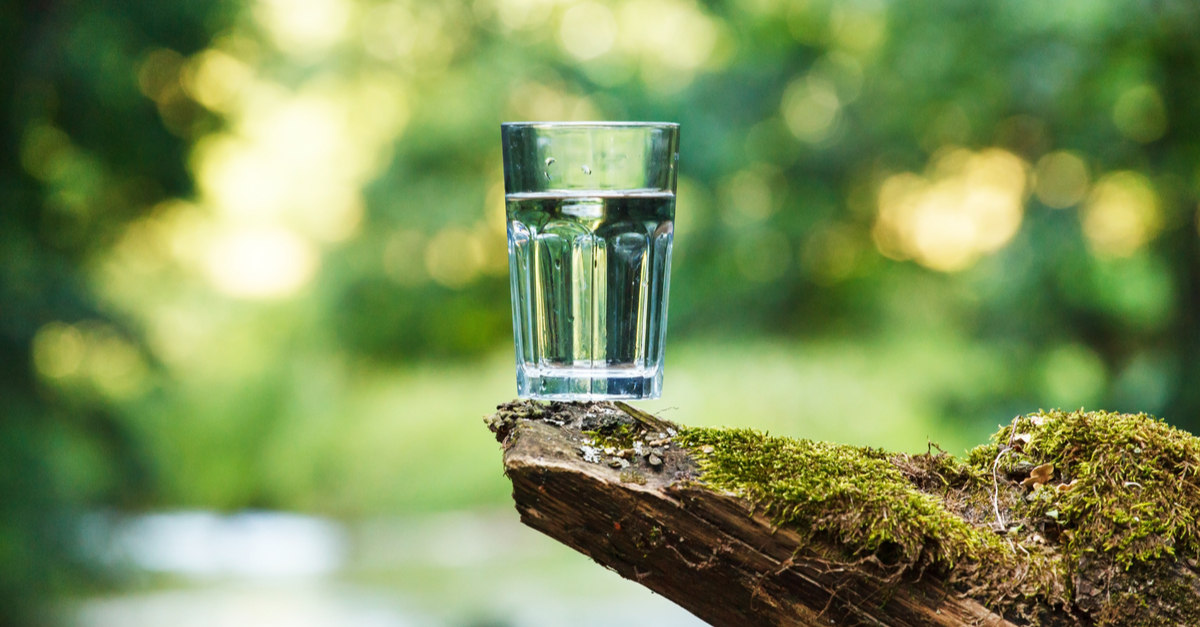
What’s the difference between a water filter and a water softener? A water softener and a water filter are two very different devices. A water softener reduces the hardness of water by removing dissolved calcium and magnesium. While a water filter purifies water by removing contaminants such as microbes and heavy metals.
IS A WATER SOFTENER THE SAME AS A WATER FILTER?

No, a water softener and water filter are two different devices that perform two different roles. A water softener is used to soften hard water – and a water filter is used to purify water by removing contaminants. So, what’s the Difference Between a Water Softener & a Water Filter?
WHAT IS A WATER SOFTENER?
A water softener is a device that reduces the hardness of water. Water hardness is caused by the presence of dissolved calcium and magnesium in your water source. A water softener removes these dissolved minerals as the water passes through it and ‘softens’ the hard water.

Water becomes hard naturally as it passes through the earth and comes into contact with rocks. As it brushes against the rocks it absorbs calcium and magnesium. It is the accumulation of these materials that makes water hard.
Hard water has no negative impact on your health. Drinking it is not bad for you. In fact, it may be healthier than soft water due to its high mineral content.
However, it causes difficulty around the house – negatively affecting plumbing, kitchen appliances, and even laundry. This is why many people install a water softening device to reduce the hardness of their water source.
HOW DOES A WATER SOFTENER WORK?
A water softener uses a mechanical process called ‘ion exchange’ to soften hard water. Hard water is funneled through an ion exchange chamber and emerges the other end as softened water.

So, what exactly is an ‘ion exchange’ and how does it work? An ion exchange is simply a chamber that has been tightly packed with specially designed resin beads that hold an electrical charge.
When hard water flows through the chamber it brushes up against these beads making physical contact. The electrical charge of the beads attracts dissolved calcium and magnesium towards them and then locks them in place.
The water then emerges from the softener with a reduced level of calcium and magnesium. By reducing the level of calcium and magnesium minerals the water is softened.
The process uses sodium to create the electrical charge and remove the dissolved minerals. So, the downside to using a water softener is increased levels of sodium in your water.
WHAT IS A WATER FILTER?
A water filter is a device that improves the purity of water by removing contaminants such as particles, microbes, heavy metals, pesticides, and other chemicals. Water filters are used to provide clean water for many uses, including – agriculture, commercial industry, and public drinking water.

They can use any combination of four methods to remove contaminants from a water source – sieving, adsorption, ion exchanges, and biofilms.
In the home setting, there are four main types of filters to choose from – mechanical filters, absorption filters, reverse osmosis filters, and sequestration filters.
The most popular type is an absorption filter called an activated carbon filter. Activated carbon filters are great for removing chemical pollutants, microbes, and particulates.
The best water ionizing machines and alkaline water pitchers come with an activated carbon filter installed. Check out the best ionized water filters of 2024 – click here.
HOW DOES A WATER FILTER WORK?

Each of the five domestic water filter types work in a different way.
MECHANICAL FILTERS
Mechanical water filters are the simplest of all. They use a physical barrier to remove sediment and suspended particles. They take the form of a mesh or a ceramic structure that physically blocks objects as the water passes through.
ABSORPTION FILTERS
Absorption filters work differently. They usually use activated carbon – a substance that has an enormous surface area. As water passes through the absorption filter it moves through a maze of contact areas.
Contaminants bind to the carbon and are held in place as the water moves through. Most domestic absorption water filters use granular activated carbon, ‘GAC’. It is an excellent filter choice for removing unpleasant tastes and odors.
REVERSE OSMOSIS FILTERS
Reverse osmosis (RO) filters are used to remove dissolved inorganic solids from a water source. It uses a semipermeable membrane to remove contaminants.
Reverse osmosis is a highly efficient method of filtering water and achieves great results. It is often used in combination with other filter types to achieve the highest level of water purity.
SEQUESTRATION FILTERS
These filters work by chemically isolating a substance. They are not as popular as absorption filters and rarely seen in domestic appliances. They use polyphosphate to sequester calcium and magnesium minerals to reduce limescale and corrosion.
However, they do not reduce the ‘hardness of the water. To reduce water hardness a water softening device should be used.
CHECK OUT:
• BEST ALKALINE WATER MACHINE 2024 – More Here
• WHAT IS ALKALINE WATER – More Here
• HOW TO TEST WATER HARDNESS – More Here
• IONIZED WATER vs. DEIONIZED WATER – More Here
• WHAT IS TOTAL DISSOLVED SOLIDS? – More Here
• COFFEE & ALKALINE WATER – More Here
• HOW TO USE A PH TEST STRIP – More Here
• ALKALINE WATER & FILTERED WATER – More Here
Water Softener vs. Water Filter FAQ

Which Is Better – A Water Softener Or A Water Filter?
It depends on what you are trying to do. If you have hard water and want to soften it – use a water softener. If you are concerned about the purity of your water source and want to purify it to remove contaminants – use a water filter.
Does a Water Softener Filter Water?
No, a water softener does not filter water. It is used to soften water. That means it reduces its level of hardness. To achieve this it removes dissolved calcium and magnesium but it does not filter out harmful contaminants such as microbes, chemicals, or suspended particles.
Does A Water Filter Soften Hard Water?
No, a water filter does not soften hard water. A water filter cleanses water by removing harmful pollutants such as microbes, chemicals, and suspended particles. Water filters are used to create clean safe water for industry, agriculture, and public use. To soften water you need to use a specialist water softening device.
CHECK OUT:
• HEAVY METALS IN YOUR DRINKING WATER – more here
• TOP UNDER SINK RO WATER FILTERS – more here
• COUNTERTOP REVERSE OSMOSIS WATER FILTERS – more here
• ARE THERE MINERALS IN WATER? – more here
• BENEFITS & DISADVANTAGES OF REVERSE OSMOSIS WATER – more here
